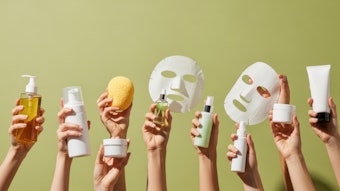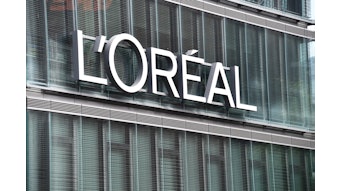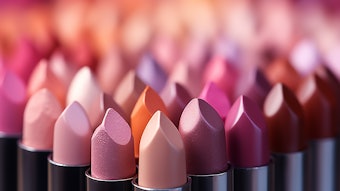In an April 5 article of the Wall Street Journal by Christina Passariello and Emily Glazer, “Coty Knocks on Brazil’s Door,” it was reported that an interest in Brazil fueled Coty’s recent proposal to purchase Avon Products Inc. for $10 billion.
Citing Euromonitor International, the article discussed how Brazil has become a beauty battleground as the world’s third largest beauty market (behind the U.S. and Japan) and notes Avon’s reach there, saying, “Two years ago, Brazil became the single biggest market for Avon’s door-to-door sales of lipstick, face cream and perfume.” Despite some sales and technical issues for Avon there late last year, a quote from Avon chairman and CEO Andrea Jung also said, “We still view Brazil to be a really good beauty market going forward.”
Due to Brazil’s underdeveloped store retail network, door-to-door sales has become almost imperative to beauty brands looking to gain a foothold there, taking advantage of the geographical reach of door-to-door sellers and their ability to gain access to and influence social networks, according to the article. Passariello and Glazer write that direct selling made up 28.6% of Brazil’s sales in the beauty and personal care market in 2011.
Currently, many major beauty brand owners such as L’Oréal, Estée Lauder and P&G are fighting for a larger stake in Brazil via retail positioning, particularly with skin care and makeup brands, because, as the article states, “Brazilian women have long been heavy users of beauty products, ranging from hair conditioners to nail polish to perfume. That has propelled the country’s cosmetics sales far ahead of other emerging consumer markets such as China and India... ” With that current focus on makeup and skin care, the article notes that it likely means the fragrance segment will be targeted next t for Brazilian growth opportunities.
This has made an Avon-Coty agreement all the more attractive for Coty, as the majority of its business is fragrance. Coty chairman Bart Becht is quoted in the article as saying, “A key win for Coty is to get into Brazil. Door-to-door is a key way of getting into the market.”
Gaining that foothold means gaining recognition, which will be important as Brazil’s retail infrastructure continues to develop and mature. In fact, store-based sales of beauty and personal care products in Brazil are targeted to grow more quickly than direct sales in 2012, according to Euromonitor, meaning the time to become a player in Brazil is now.
Obviously the beauty marketplace is changing in many ways around the globe, and emerging markets are bearing a majority of current growth. But what is the best way to gain traction in these markets, and what will the opportunities and challenges be like once beauty brands get there?










